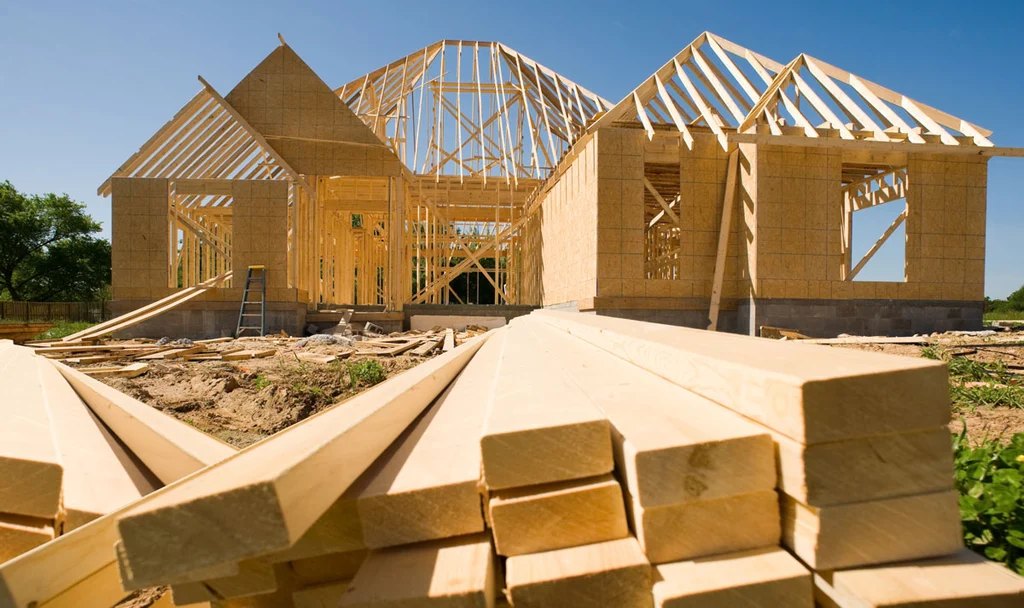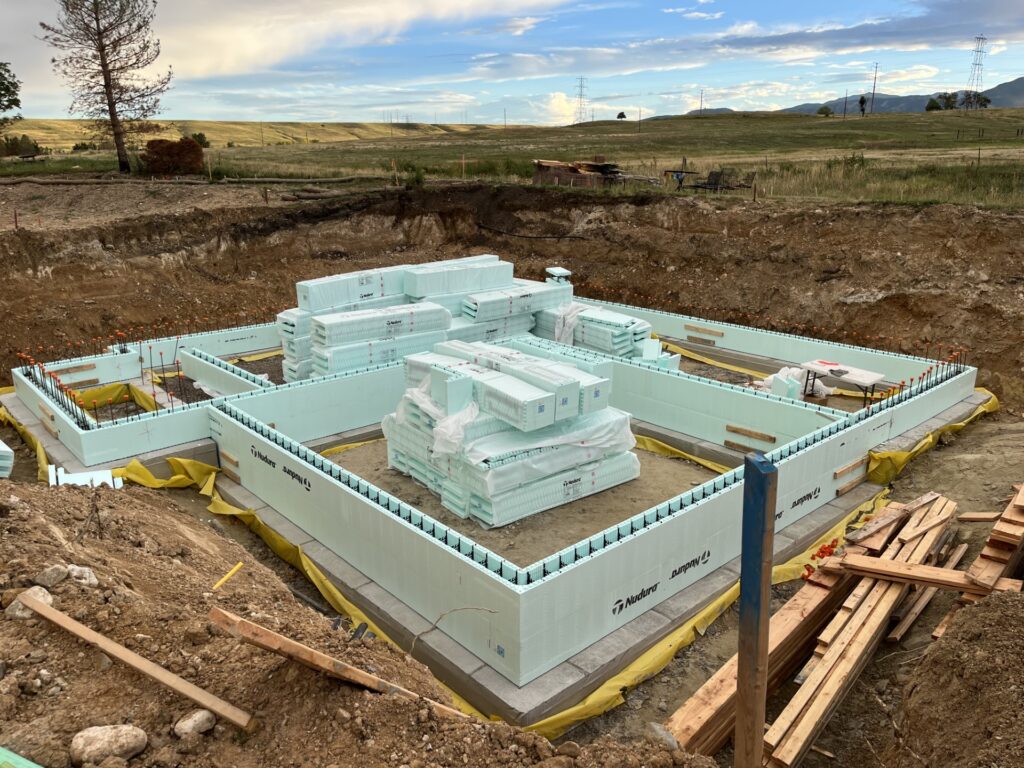Building a custom home is an exciting journey, but choosing the right construction method is one of the most important decisions you’ll make. Insulated Concrete Form (ICF) homes are becoming increasingly popular, offering unmatched durability, energy efficiency, and comfort. Traditional wood-frame homes, on the other hand, remain a widely used option with their own advantages. Understanding the differences between these two construction methods can help you make the best choice for your lifestyle, budget, and long-term investment.
Durability and Structural Strength
ICF homes are known for their incredible strength. The reinforced concrete core makes them highly resistant to natural disasters such as hurricanes, tornadoes, and floods. They are also fire-resistant, termite-proof, and less likely to warp or rot over time.
Wood-frame homes, while flexible and easier to build, are more susceptible to environmental damage, pests, and fire. With proper maintenance, they can last for decades, but they typically require more repairs and upkeep compared to ICF homes.
Energy Efficiency
One of the biggest advantages of ICF homes is their energy efficiency. The thick insulated walls provide superior thermal performance, keeping interiors cool in the summer and warm in the winter. This translates to lower energy bills and a smaller carbon footprint.
Wood-frame homes can also be energy efficient, especially when combined with modern insulation techniques and high-performance windows. However, they generally do not provide the same level of consistent thermal regulation as ICF construction.
Comfort and Indoor Environment
ICF homes offer a high level of comfort due to superior insulation and airtight construction. Temperature fluctuations and drafts are minimal, and soundproofing is significantly better than traditional wood-frame homes. This creates a quiet, comfortable living environment that’s easier to control.
Wood-frame homes can be comfortable and cozy, but they may require more active management of heating and cooling systems to maintain consistent indoor temperatures. Soundproofing is typically less effective without additional materials and installation.
Design Flexibility
Both ICF and wood-frame homes offer flexibility in design, but the building process differs. ICF construction works well for modern designs with energy-efficient features, large windows, and open spaces. Wood-frame homes provide easier customization for complex architectural details and interior modifications, making them ideal for traditional or intricate designs.
Cost Considerations
ICF homes typically have a higher upfront cost than wood-frame homes due to materials and specialized labor. However, this initial investment is often offset by lower energy bills, reduced maintenance costs, and increased durability. Over time, the total cost of ownership can be lower with an ICF home.
Wood-frame homes are generally more affordable initially, and construction can be faster. Maintenance and energy costs, however, may add up over the life of the home, making long-term ownership slightly more expensive compared to ICF homes in some cases.
Resale Value and Market Appeal
ICF homes are increasingly recognized for their durability, energy efficiency, and modern construction, making them attractive to buyers seeking low-maintenance, long-lasting homes. Wood-frame homes are still highly marketable, particularly in areas where traditional construction is standard. Both options can retain strong resale value when built with quality materials and attention to detail.
Conclusion
Choosing between an ICF home and a traditional wood-frame home depends on your priorities, budget, and long-term goals. ICF homes offer unmatched durability, energy efficiency, and comfort, making them a smart investment for homeowners seeking a low-maintenance, resilient home. Wood-frame homes remain a versatile and affordable option, ideal for traditional designs or quicker construction timelines.
Understanding the differences allows you to make an informed decision and invest in a home that fits your lifestyle, protects your family, and holds its value for years to come.





